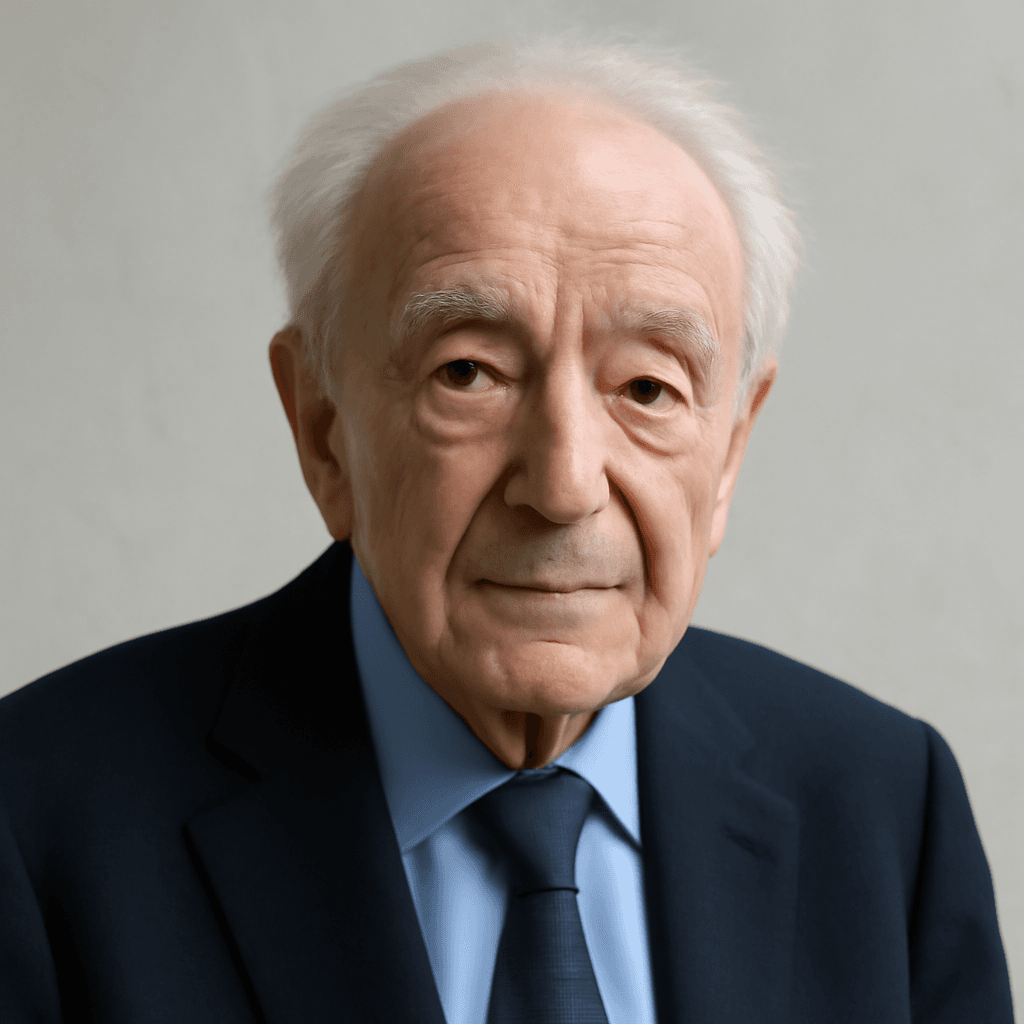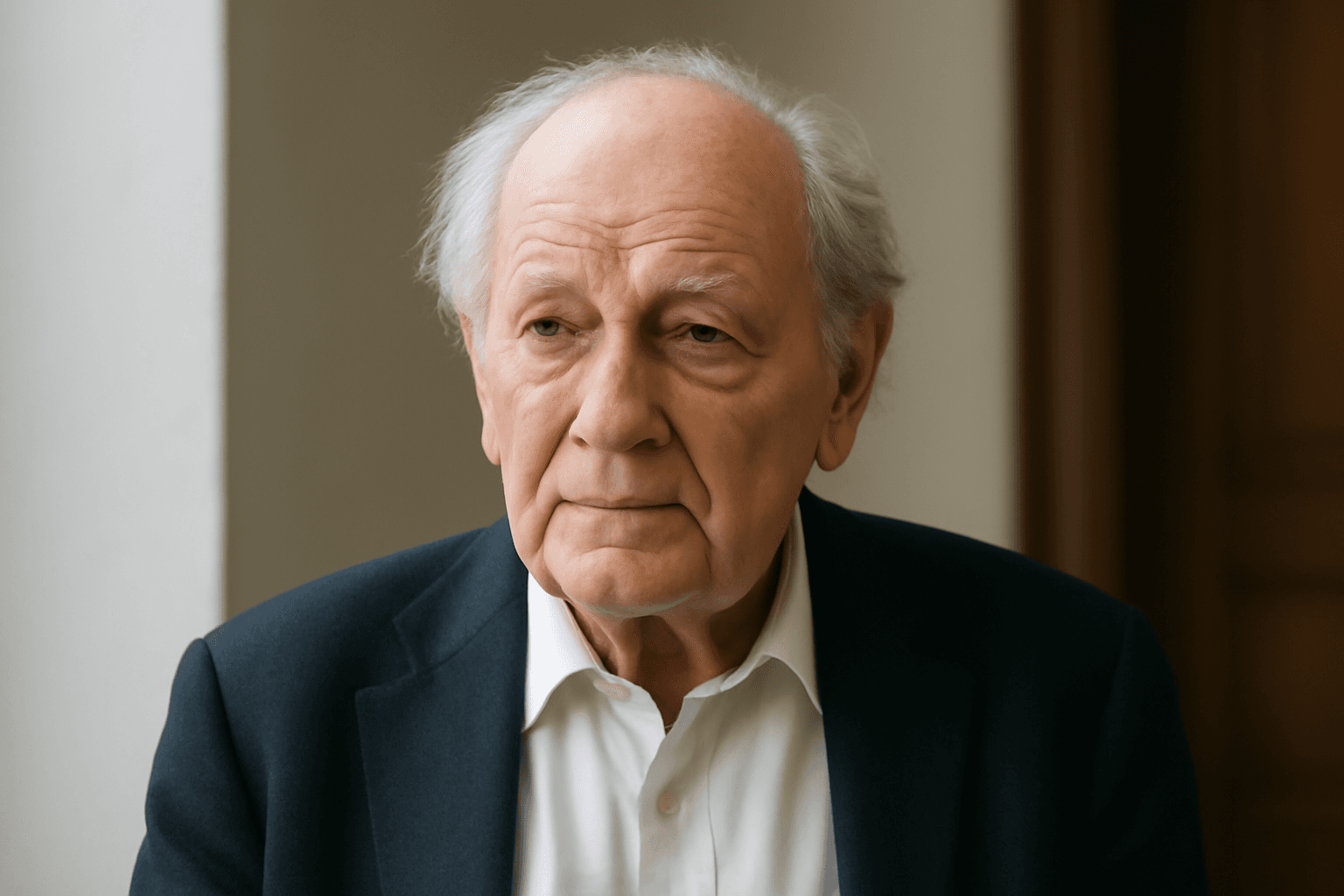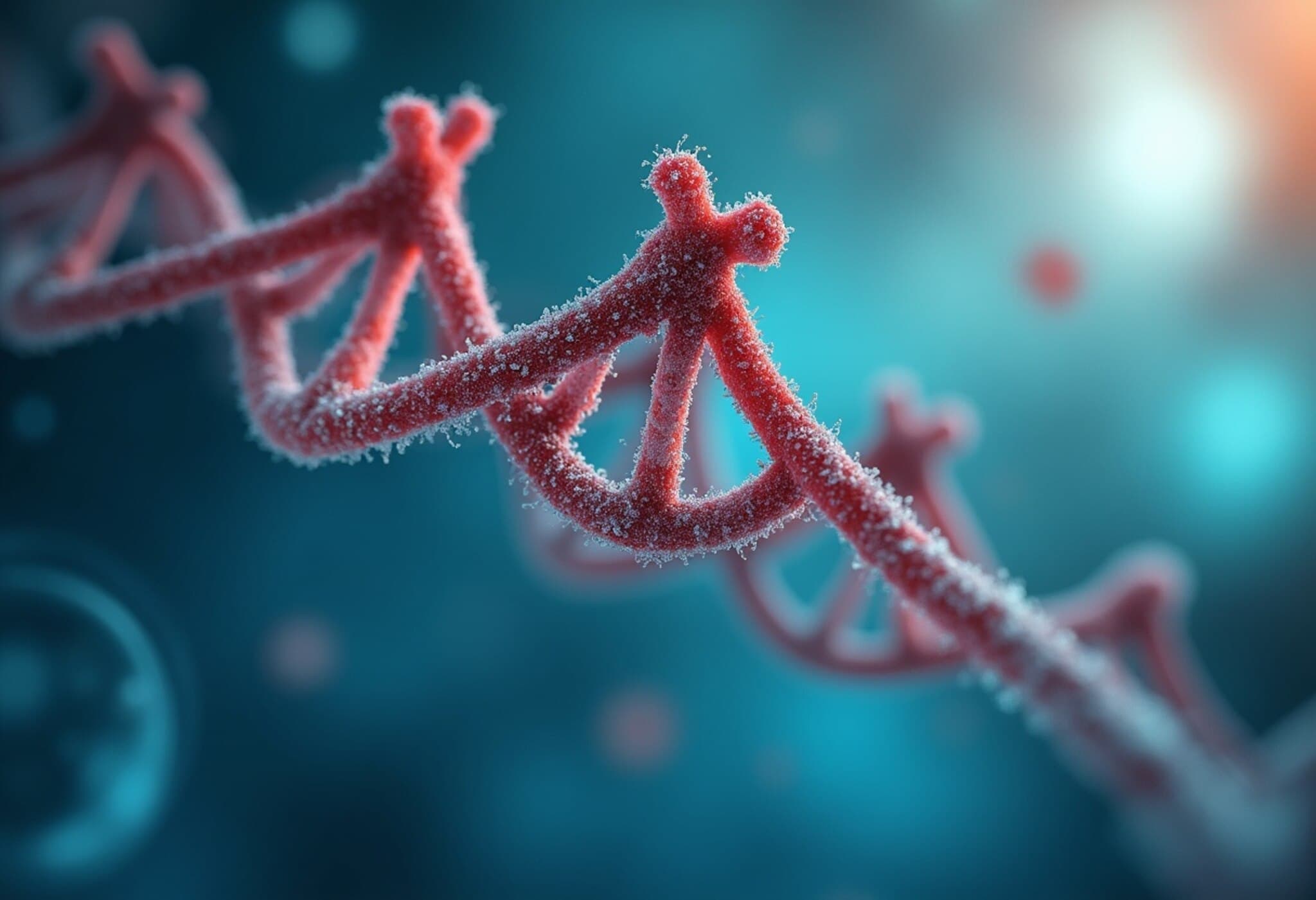Renowned Scientist Etienne-Emile Baulieu Dies at 98
Etienne-Emile Baulieu, the French endocrinologist famed for inventing the abortion pill RU-486, passed away at his home in Paris at the age of 98. His institute announced his death, highlighting his impactful scientific and social contributions.
Scientific Contributions and Legacy
Baulieu was internationally recognized for his groundbreaking work on steroid hormones, which brought significant advances in medicine and women's reproductive rights. His research was driven by a commitment to scientific progress, women's freedom, and improving human health.
Born as Etienne Blum on December 12, 1926, in Strasbourg, he adopted the name Emile Baulieu while participating in the French Resistance during World War II at the young age of 15. After earning a medical doctorate in 1955 and a science doctorate in 1963, Baulieu founded a pioneering hormone research unit at the French National Institute of Health and Medical Research (INSERM), which he led until 1997.
The Abortion Pill: A Revolutionary Development
In 1982, Baulieu developed the abortion pill RU-486, which revolutionized voluntary medical termination of pregnancy by providing a non-invasive and less traumatic alternative to surgery. This innovation transformed the lives of millions of women worldwide by offering a safer and psychologically less distressing option.
His discovery was met with significant opposition, including criticism and threats from those against abortion rights. Despite ongoing challenges and legal restrictions in some countries, RU-486 remains the most widely used method for medical abortion in several regions, including the United States.
Further Research and Honors
Beyond RU-486, Baulieu investigated the hormone DHEA and its anti-aging properties, contributing to understanding neurosteroids and their effects on the nervous system. His work also led to developing treatments for depression, currently undergoing clinical trials across multiple university hospitals.
In 2008, he established the Institut Baulieu, dedicated to researching neurodegenerative diseases such as Alzheimer's, aiming to prevent and treat these conditions.
Recognition and Personal Life
Baulieu received numerous accolades, including the Grand Crosses of the Légion d'honneur and the Ordre national du Mérite. He was elected to the French Academy of Sciences in 1982 and served as its president in 2003 and 2004. He also contributed to national advisory committees on life sciences and health.
French President Emmanuel Macron honored Baulieu as a courageous and progressive figure who greatly advanced women's rights and global science. Baulieu's personal life included two marriages; after the passing of his first wife, Yolande Compagnon, he remarried Simone Harari Baulieu. He is survived by three children, eight grandchildren, and nine great-grandchildren.












